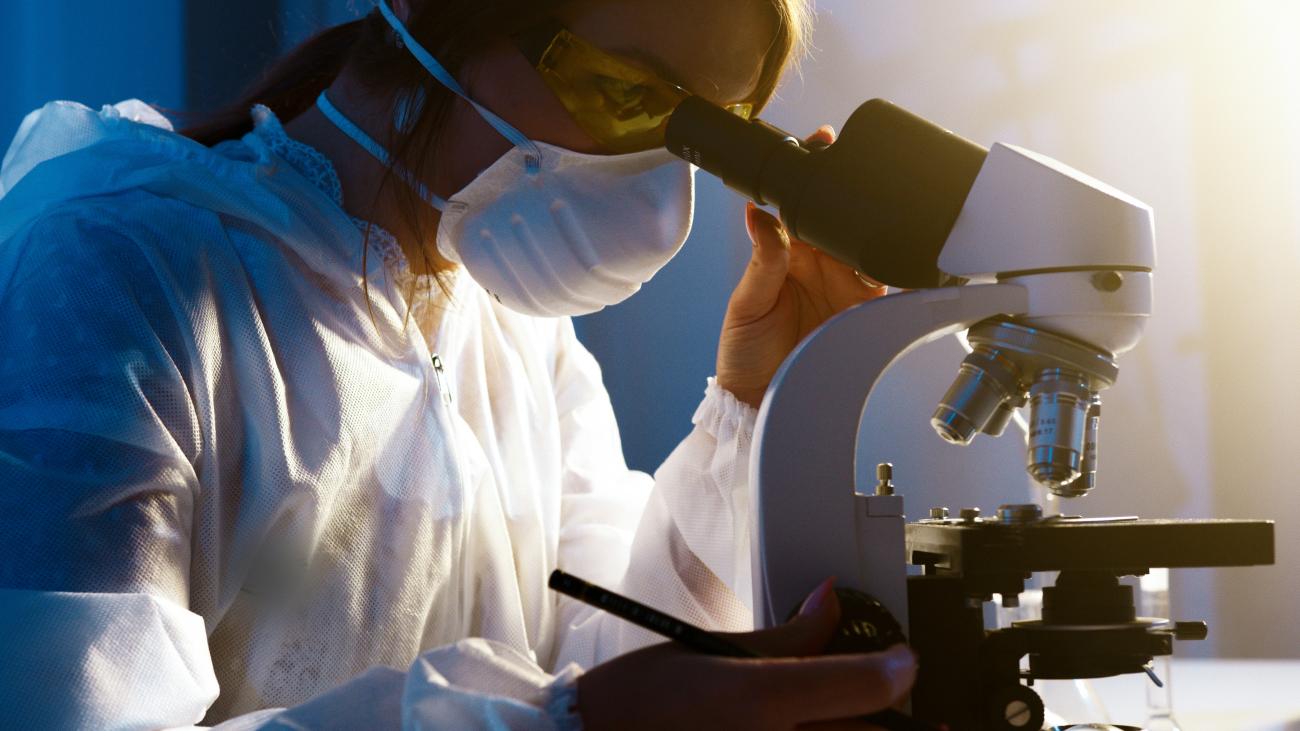Database providing access to the High Technology Network's industrial research offering: research competences, type of analyses and tests available at the Laboratories. Companies can consult the Catalogue to find Laboratories and researchers that match their needs.
Competence
Analysis of standards and regulations: laws and guidelines for protected, biological raw material, and processing
Analysis of the physical, rheological, chemical, microbial, and sensorial properties during storage
Analytical tests for shelf-life characterization
Carbon-based materials (graphene oxides, TPG, etc.)
Ceramic materials (oxides, nitrides, carbides, etc.)
Ceramic matrix composites and nanocomposites
Corrosion: protection and inhibition
Cosmetics
Definition of product specifications and analytical methods of verification
Design of experiment (DoE) and Food Design to study interaction between formulation and process conditions
Design of new molecular markers for traceability of specific varietal components
Elastomers
Evaluation of molecular transformations during food processing
Experimental studies of formulations and processes: use of bioactive components from out-streams or by-products
Food traceability by evaluation of functional components
Food traceability by genetic analysis
Food traceability by spectroscopic techniques, NMR, proteomic and peptidomic methods for the identification of ingredients or contaminants
Genetic methods for varietal identification
Glass and glass-ceramic materials
Improvement of process efficiency for saving direct and indirect costs
Input-output correlations to assess operational parameters
Lab trails and scale-up to pilot plants of experimental production diagrams; check of the physical, chemical and sensorial characteristics
Magnetic materials both bulk and nano
Magnetorheological fluids
Materials of natural origin and derived (wood, paper, cellulose, fibers, etc.)
Materials with self-diagnostic and self-healing properties
Metal matrix composites and nanocomposites
Metals: ferrous alloys (steel, cast iron)
Metals: non-ferrous alloys (aluminum, copper, nickel, titanium, magnesium, etc.)
Methods for the specific and varietal identification based on single components within blends
Micro-nano materials functionalized
Microbial kinetics during food storage
Molecular characterization of DNA, protein, peptides and metabolites
Monitoring of chemical, physical, and biochemical characteristics (enzymatic activity and kinetics) during storage
Nanomaterials (filler, graphene, etc.)
Non-conventional thermal and non-thermal technologies for product stabilization, extraction, and conservation
Numerical simulation to define process-product interaction
On-line product control feasibility for process optimization
Operator practical training for process control and lab tests
Optimization of processing conditions by desing of experiments (DoE) for product development

